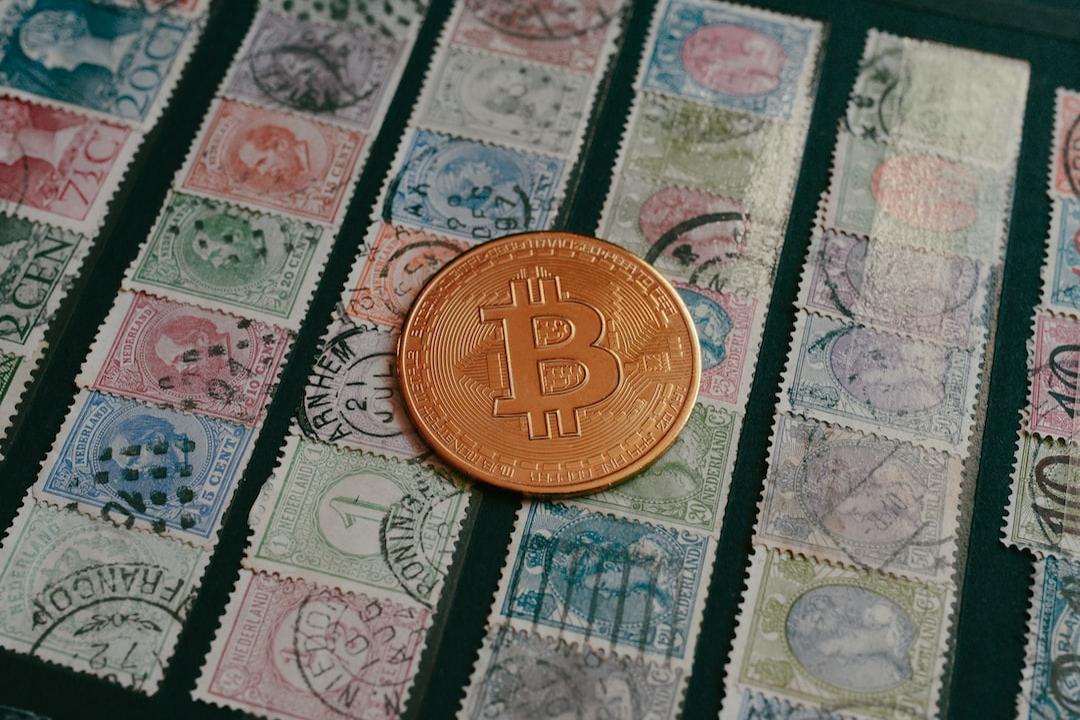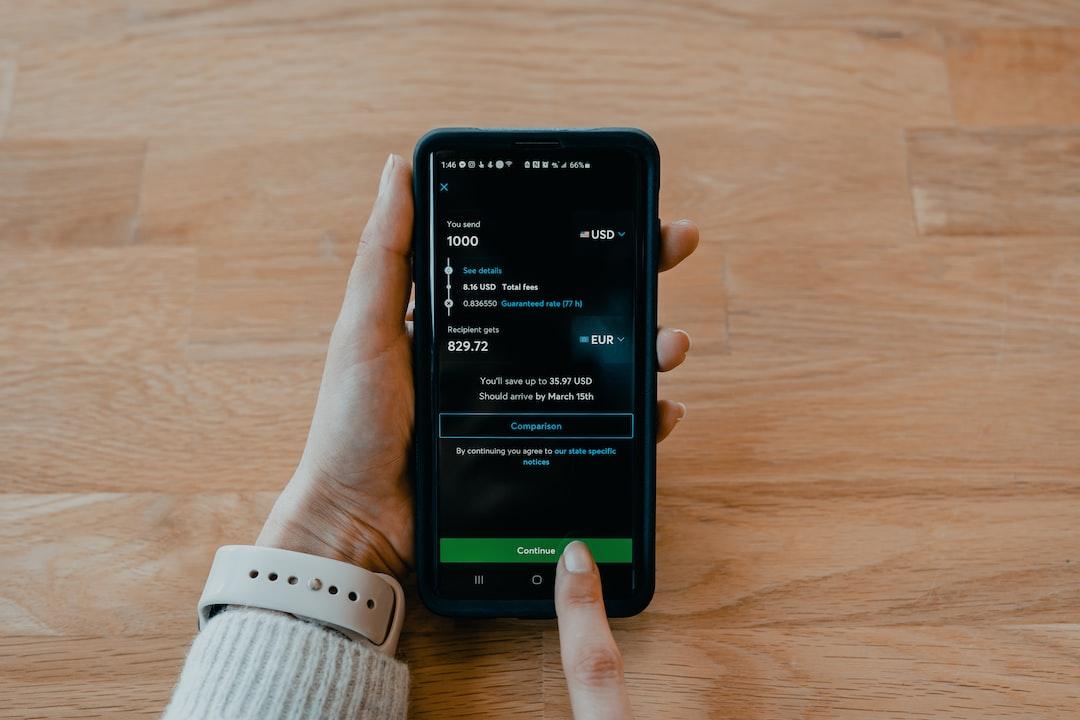Title: Huang Zijiao Found in Possession of Underage Intimate Videos
Renowned artist Huang Zijiao has recently been exposed as a senior member of the voyeuristic forum “Creative Private Room.” According to a report by Central News Agency, Huang has purchased hundreds of videos over the past six years, featuring women in explicit and sexual acts. Shockingly, he also possessed multiple inappropriate videos of underage girls, triggering public outrage. As a result, the Taipei District Prosecutors’ Office has given him a suspended indictment for the crime of possessing explicit videos of minors.
Dubbed as the “Taiwanese Version of Nth Room,” the “Creative Private Room” platform contains numerous intimate videos of exploited underage females, including unsuspecting innocent women who were unknowingly filmed. The platform even categorizes and provides background information or Facebook details of the women in the videos, allowing buyers to identify their identities and ages.

The Creative Private Room maintains a low-key approach by concealing its wallet addresses. It even includes a note on its homepage advising users not to use Binance or domestic exchange wallets to avoid being traced.
The forum only accepts paid memberships, with one of the main methods of payment being the use of the cryptocurrency USDT. However, following the Huang Zijiao incident, the platform has become more discreet, hiding wallet addresses and including a note on its homepage advising against the use of Binance and domestic exchange wallets to avoid detection.
️ Further Reading:
Who Profits from the “Creative Private Room”? XREX Publishes Financial Investigation Report to Track Behind-the-Scenes of the Taiwanese Version of Nth Room
The transparency and traceability of blockchain make it easier to track financial flows.
Based on the wallet addresses used by the Creative Private Room in the past, netizens have compiled a list and used tools such as the OKLink blockchain browser and metasleuth to track the wallet activity and investigate the financial flows.

Even after the incident, users continue to deposit money into the wallet addresses for storage, with the most recent transaction occurring on April 8.
As shown in the image above, users have been continuously depositing money into the wallet addresses even after the Huang Zijiao incident. Through the online platform for tracking financial flows, it is possible to directly observe transactions made using wallets from major centralized exchanges both domestically and internationally, including Binance, Bitfinex, OKEx, and MaiCoin.
By utilizing online platforms for tracking financial flows, it is possible to directly observe wallet addresses used in transactions through major centralized exchanges both domestically and internationally.
Although the anonymity of cryptocurrencies can protect users’ privacy and prevent the exposure of their real identities, it is often used as a tool for criminal activities and money laundering. This has led to a negative perception of cryptocurrencies among the general public.
However, every transaction record on a wallet leaves a trace on the blockchain. The transparency of blockchain-based financial tracking is even greater than that of traditional financial systems. Both the sending and receiving wallet addresses can become valuable clues for criminal investigations, allowing law enforcement agencies to quickly trace users and enhance their ability to combat criminal activities.
As all transactions on the blockchain are public and transparent, anyone can quickly view a wallet’s transaction history and the flow of funds by entering the wallet address. Additionally, when users create accounts on exchanges, they are often required to undergo Know Your Customer (KYC) identity verification. Moreover, most domestic exchanges cooperate with law enforcement agencies. Therefore, by obtaining the wallet addresses of both the sender and receiver, law enforcement agencies can swiftly trace users.
Users should not harbor the illusion that using cryptocurrencies guarantees anonymity and secrecy without the risk of being caught.
However, not all overseas exchanges cooperate with Taiwanese law enforcement agencies. Furthermore, cross-border cryptocurrency crimes often require cooperation with foreign law enforcement authorities, posing the biggest challenge in investigating cryptocurrency-related crimes. Currently, only Binance has a cooperative relationship with Taiwan. Thus, if users of the Creative Private Room conduct transactions through other overseas exchanges, the investigation becomes more difficult.
Integrating traditional crime prevention systems, online financial tracking, and establishing closer international cooperation mechanisms in the future may effectively combat cross-border cryptocurrency crimes.
Through information sharing among countries, rapid coordination between law enforcement agencies, and more in-depth regulation of the cryptocurrency market, it may be possible to effectively reduce the occurrence of cryptocurrency-related crimes and enhance public trust in cryptocurrencies.

